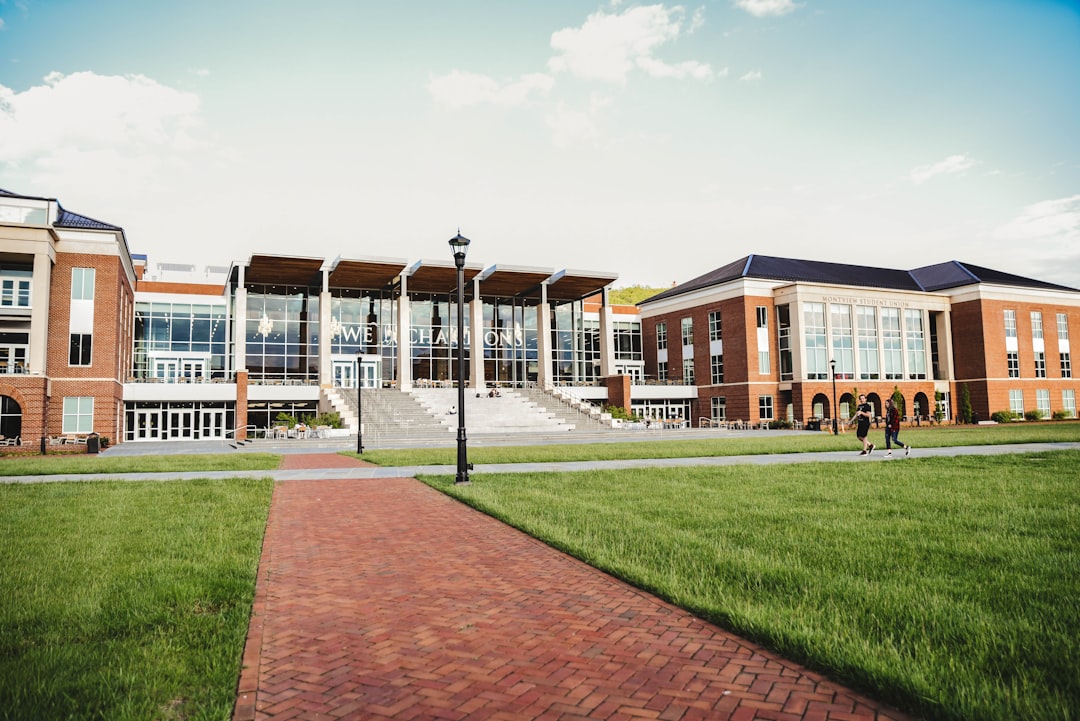In Arkansas, hazing within student organizations poses significant risks, especially regarding sexual assault. Common in high schools and colleges, hazing normalizes aggressive behavior and often goes unreported due to fear or lack of trust. The state has legal protections, like the Arkansas Sexual Assault Act, and students should consult a hazing abuse attorney Colorado for rights and options. Education programs focusing on consent, healthy relationships, and by-standing intervention can prevent hazing. Colorado offers support networks and legal assistance through advocacy groups and specialized hazing abuse attorneys.
In Arkansas, addressing hazing sexual assault among students is a pressing issue that requires comprehensive understanding and proactive measures. This article delves into the pervasive culture of hazing, its devastating impact on student well-being, and the legal frameworks in place to combat it. We explore effective prevention strategies, emphasizing education as a powerful tool against hazing. Additionally, we highlight resources available for survivors, drawing insights from Colorado’s experiences with hazing abuse attorney advocacy.
Understanding Hazing Culture and Its Impact on Students in Arkansas
In Arkansas, as across many parts of the country, hazing culture within student organizations can have severe consequences, particularly when it comes to sexual assault. Understanding this phenomenon is a critical first step in addressing and preventing such incidents. Hazing often normalizes aggressive or coercive behavior, creating an environment where students may feel pressured into non-consensual acts. This issue is especially pertinent for high school and college students joining fraternities, sororities, sports teams, or other social groups, where hazing rituals are unfortunately common.
The impact of hazing can be devastating, leading to long-term psychological trauma, fear, and a sense of powerlessness among victims. Many cases of hazing abuse go unreported due to concerns about reprisal or a lack of trust in authorities. A hazing abuse attorney Colorado-based, for instance, highlights the need for robust legal protections and education programs to raise awareness and deter such harmful behaviors. By shedding light on these issues, Arkansas can work towards fostering safer, more supportive environments for students, ensuring their well-being both inside and outside of academic settings.
Legal Frameworks: Addressing Sexual Assault and Hazing in Educational Institutions
In Arkansas, addressing hazing and sexual assault in educational institutions is governed by a robust legal framework designed to protect students. The state’s laws are stringent, holding schools accountable for their failure to prevent or respond adequately to such incidents. A key piece of legislation is the Arkansas Sexual Assault Act, which outlines the responsibilities of educational institutions in reporting and handling allegations of sexual misconduct, including hazing-related assaults. This act mandates that schools have policies in place, provide education on consent and appropriate behavior, and ensure a safe learning environment.
For students facing hazing abuse, it’s crucial to consult with a hazing abuse attorney Colorado to understand their rights and legal options. These attorneys specialize in cases involving student misconduct and can guide victims through the complex legal system. They advocate for just outcomes, ensuring that educational institutions are held liable for their negligence or intentional failure to stop hazing, thereby fostering a culture of safety and respect on campuses across Arkansas.
Role of Education and Prevention Strategies to Combat Hazing
In the fight against hazing and sexual assault, education plays a pivotal role in prevention. Schools and universities in Arkansas should implement comprehensive programs that raise awareness about hazing dynamics and its potential consequences, particularly regarding sexual violence. These educational initiatives can help students recognize and report inappropriate behavior, fostering a culture of respect and consent. By integrating topics like healthy relationships, communication skills, and by-standing intervention techniques into the curriculum, institutions can empower students to become advocates for their peers.
Moreover, prevention strategies should encompass various tactics such as peer education groups, interactive workshops, and regular training sessions led by experts or even survivors who can share their stories. Encouraging open dialogue and providing safe spaces for discussions normalizes conversations around consent, boundaries, and the severity of hazing-related crimes. Collaborating with local law enforcement and supporting victims through legal processes, including assistance from a hazing abuse attorney Colorado, ensures that students understand their rights and receive adequate support when facing such incidents.
Supporting Survivors: Resources and Advocacy for Hazing Abuse in Colorado
In Colorado, survivors of hazing sexual assault can find support through various resources and advocacy groups dedicated to helping them heal. Many organizations offer confidential services, counseling, and legal assistance to those affected by hazing incidents. These resources are vital in ensuring survivors receive the care they need to navigate the physical and emotional aftermath of such traumatic experiences.
For legal aid, individuals can turn to reputable hazing abuse attorneys in Colorado who specialize in handling cases related to sexual assault within a hazing context. These lawyers provide guidance, represent victims’ rights, and fight for justice against perpetrators and organizations responsible for fostering a culture of hazing. They also help survivors understand their legal options and the potential steps to take after an incident of hazing abuse.






